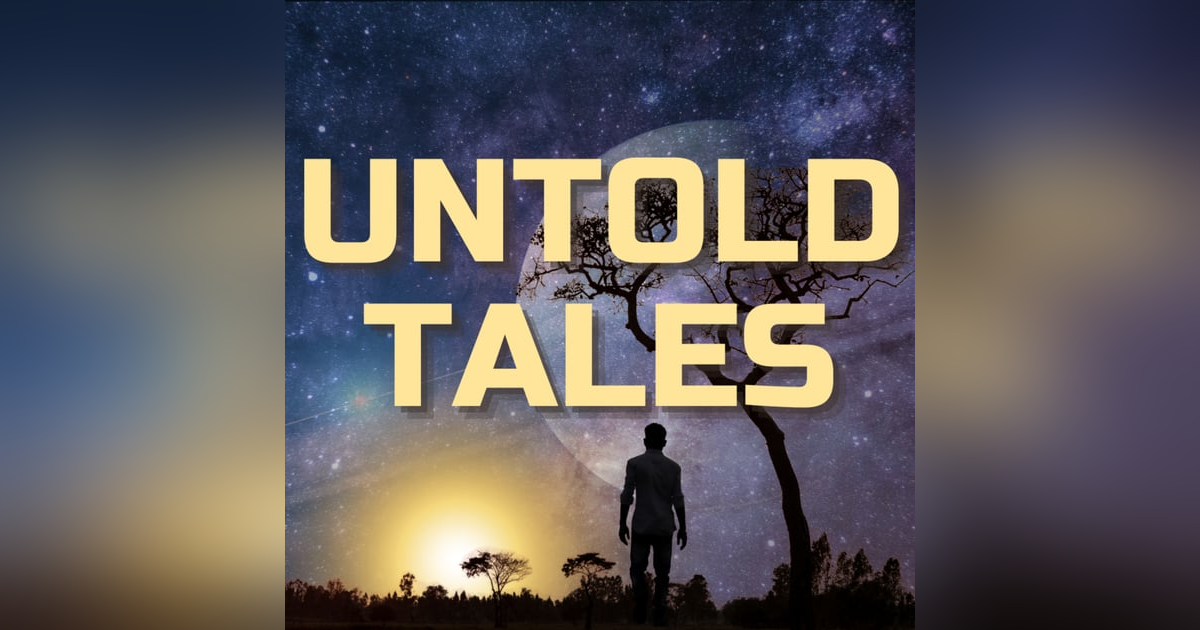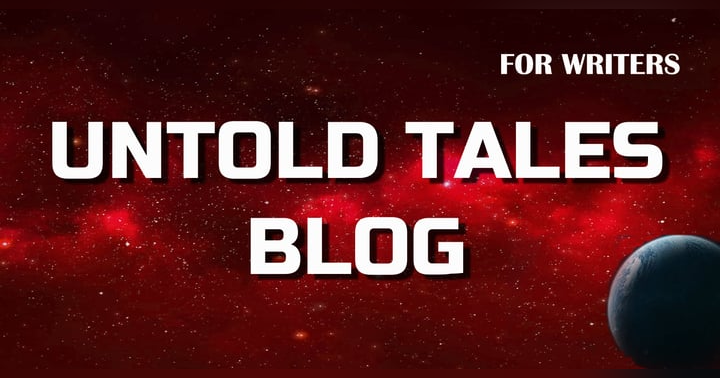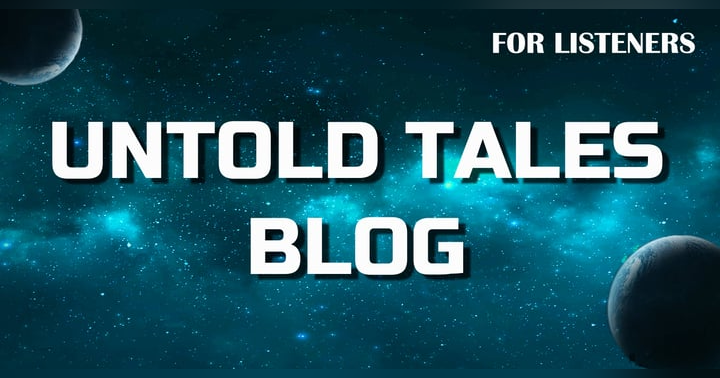I was offered the opportunity to teach a group of junior high school students. This was obviously an ad hoc proposition linking me-as-a-writer to them-as-bored-kids, the product of either out-of-the-box thinking or bottom-of-the-barrel desperation.
Eleven kids, none of whom had a whisper of a notion of being a writer. Ten of them said they didn’t read anything except text messages, and the one who did say she liked to read had barely finished a book in the previous six months. This was going to be fun.
So here’s where I slip in a homily that foreshadows how these kids went on to develop a deep abiding passion for writing, using the process to explore their ever-more-complex inner worlds in order to make sense of Society, Life, and Self, winning writing competitions and jet-packing their way to target universities with freshly-minted scholarship letters in hand. Yeah, right. Like that was in the cards.
No, we ended up playing board games, and eventually, role-playing games. They didn’t write anything, but they helped me co-create long campaigns, a form of collaborative writing based on the only basic plot that matters: “Get your characters into trouble, plunge them into deeper trouble, then let them get out of it…or not.”
I did try to teach them about writing, and we started by talking about favorite movies and TV shows. Aside from listening to lengthy—oh so lengthy—detailed descriptions of things I will never ever watch, when I asked what captivated them, they all came back to the same pattern. Whether it was a superhero movie, anime, rom-com, or reckless driving passing for actual storytelling, the pattern was clear: this person or group they cared about was in trouble, then more trouble, and they wanted to know what would happen.
So there it is: the basic plot. Generic to a fault. Tried-and-true. If you stick to the very basic-ness of it, your mileage may vary. But it works.
Example 1: Role-playing campaign in a world where madness is a virus and immunity is temporary. In the middle of bartering for the elixir that could extend protection for enough time to complete the objective, one boy said: “What if the elixir stops working, like right now?” Characters were in trouble, now they and everybody else were in deeper trouble. Like nitro in a Corvette, that campaign took off amidst screeches and the smell of burning rubber. I need better incense.
Example 2: The strongest character in the adventure got walloped so bad death was pretty much a certainty. Before the last-ditch effort could be made, the girl who ran the character said: “What if we let her die?” The group protested, but she replied: “My new character will need lots of help and that makes this whole story better.” It took a few minutes, but the other players saw the advantages of such a big challenge, in terms of rewards for them and in the story development itself.
Example 3: A fantasy novel I was drafting a treatment for was rolling. I was on one of those highs writers sometimes get where no amount of typing can keep up with the flow. Almost five hours into it I could feel the flow ebbing, the momentum shifting back to that Sargasso Sea of normalcy. I suddenly imagined the hero disfigured, turned monstrous by Fate beyond his control, a pariah still needing the victory, but now shunned by nearly all who had once been inseparable. The flow surged back, and I had my first 10,000-word day.
I still pursue the second, using the Basic Plot. I’ve gotten close several times. Maybe I should set my shoes on fire when I hit, say, 8,800 words…










